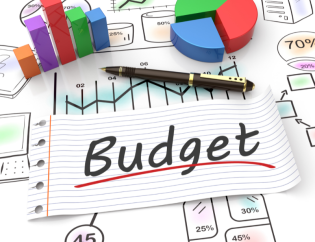Insights From The Commission’s Consumer Survey July 2022
Rising inflation between January 2021 and June 2022 has increased the cost of households’ per capita consumption in the European Union by around €160 per month, on average.
This special topic takes a close look at the results from the Commission’s harmonised EU-wide consumer surveys until June 2022 to explore the impact of high and rising inflation on consumers’ assessment of the financial situation of their household and their consumption/saving intentions.
Overall, according to this survey, consumers’ assessment of the past and expected financial situation of their household has been deteriorating for all income quartiles since July 2021, following several months of price increases.
However, the worsening is more pronounced for the lower income households. This confirms that it is the lower income households who are most hit by the increasing energy bills and food prices. Moreover, more and more consumers have lowered both their intentions to save and to spend on major purchases over the next year, indicating that inflation has an important impact on real disposable income and aggregate spending.
Finally, while consumers’ assessment of their financial situation has deteriorated across all EU Member States, the depth of the decrease has varied markedly across countries. These differences are partly attributable to differences in energy intensity, energy price increases and national policy measures to protect households from the energy price shock. Moreover, consumers in Member States with higher realised inflation increases over the past year appear to have corrected downwards their expectations for their household’s financial situation more severely.
The full report can be downloaded: https://economy-finance.ec.europa.eu/publications/european-business-cycle-indicators-impact-inflation-consumers-financial-situation-insights_en
EMCS conducts this research on a monthly basis, in Malta, for the European Commission. The study is based on a random sample of 1000 telephone surveys.










